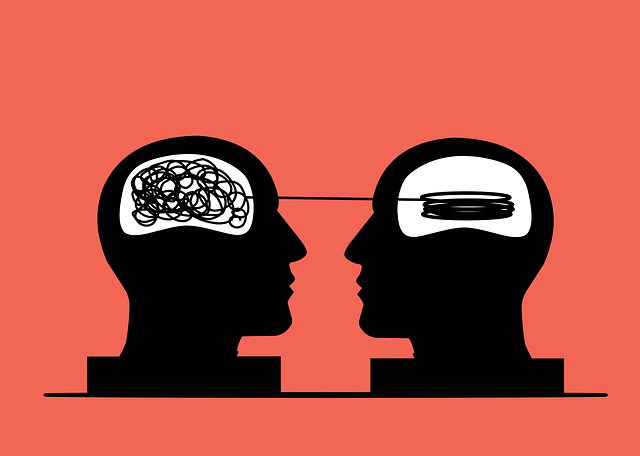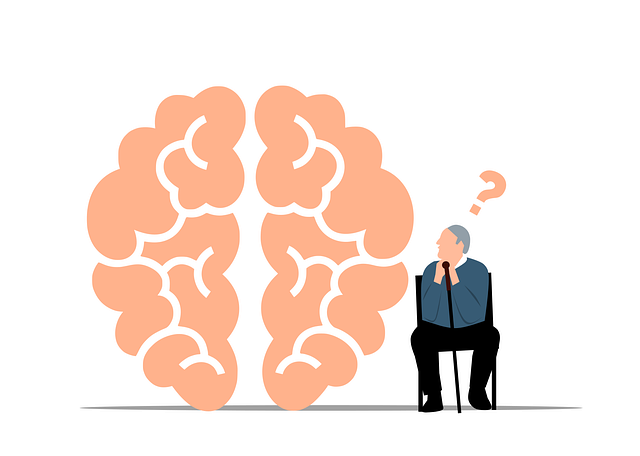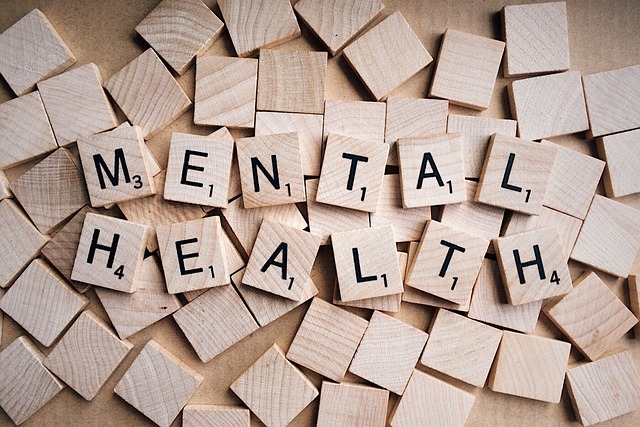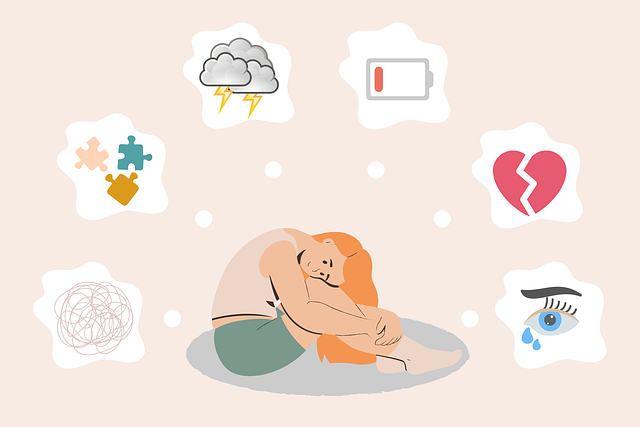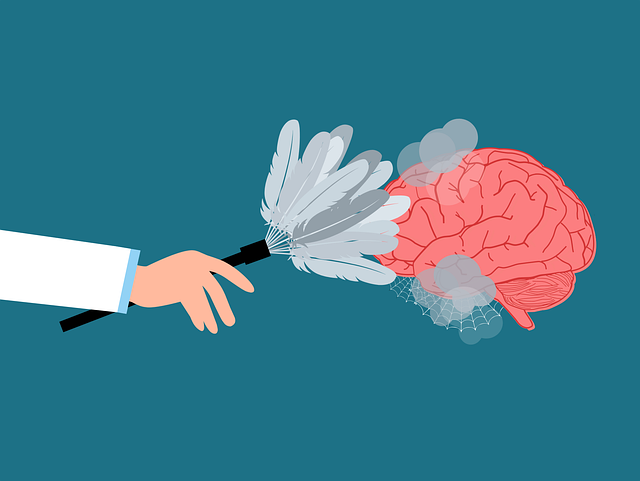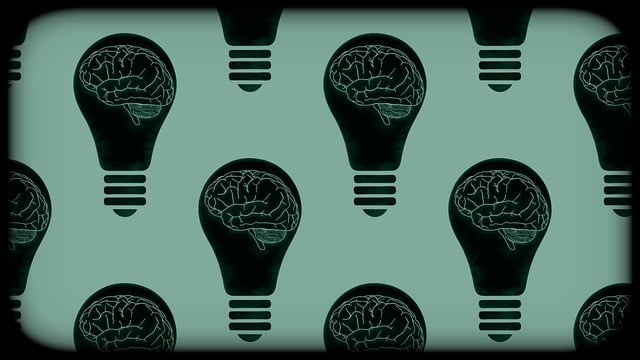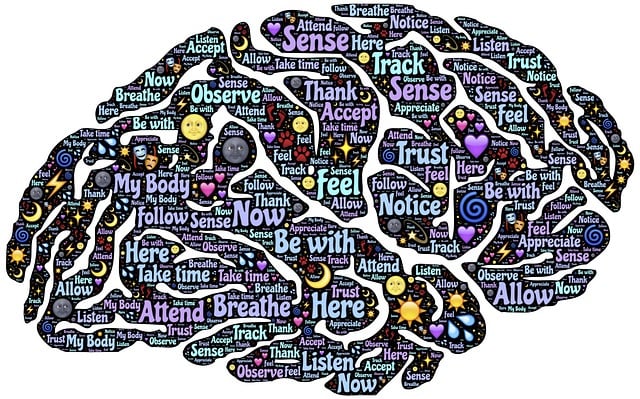Northglenn Independent Medical Evaluations Therapy (NIME) prioritizes cultural sensitivity in mental healthcare, addressing the unique needs of diverse individuals. By recognizing the impact of race, ethnicity, and other factors on mental health, NIME offers tailored services like community outreach, trauma support, and stress management techniques. This inclusive approach fosters trust, reduces stigma, and empowers people from all backgrounds to seek help, ultimately enhancing mental wellness through empathetic and culturally competent care.
In today’s diverse world, cultural sensitivity in mental healthcare is paramount. This article explores the impact of cultural diversity on mental health globally and delves into the challenges faced by communities like Northglenn, Colorado, with its rich yet varied demographic makeup.
We discuss how cultural barriers often hinder access to essential services, emphasizing the need for culturally competent practices. By examining Northglenn’s landscape, we offer valuable insights into best practices for mental health professionals, highlighting strategies for effective evaluation and therapy sessions through diversity training and continuous education, ultimately enhancing patient outcomes in independent medical evaluations and therapy.
- Understanding Cultural Diversity and Its Impact on Mental Health
- – Exploring the global mental health landscape
- – Defining cultural sensitivity and its significance in therapy
Understanding Cultural Diversity and Its Impact on Mental Health

In today’s diverse society, mental healthcare practices must embrace cultural sensitivity to provide effective treatment for all individuals. Understanding and appreciating cultural diversity is essential, as it directly impacts mental health outcomes. Northglenn Independent Medical Evaluations Therapy recognizes that every patient comes from a unique background, shaped by their race, ethnicity, religion, gender, sexual orientation, and socioeconomic status. These factors influence not only an individual’s perception of mental illness but also their preferred methods of coping and treatment approaches.
For instance, certain cultural communities may have specific beliefs about mental health that differ significantly from mainstream practices. Some might prefer holistic or alternative therapies, while others rely on community support networks for healing. By integrating a Community Outreach Program Implementation focused on trauma support services and stress management techniques tailored to diverse populations, Northglenn Independent Medical Evaluations Therapy ensures inclusive care. This approach respects individual cultural identities, fostering trust and encouraging open communication between patients and therapists.
– Exploring the global mental health landscape

The global mental health landscape is a diverse and complex tapestry woven with unique threads from every culture and community. In today’s interconnected world, understanding this diversity is more crucial than ever for mental healthcare practitioners, especially when conducting Northglenn Independent Medical Evaluations for therapy purposes. Each culture carries its own set of beliefs, values, and practices surrounding mental health, which can significantly impact how individuals express and experience psychological distress. For instance, some cultures may emphasize the importance of community support in healing, while others might prioritize individual expression through art or music therapy.
By embracing cultural sensitivity, Northglenn Independent Medical Evaluations can become more inclusive and effective. This involves recognizing and respecting different perspectives on mental illness, its causes, and appropriate treatment methods. It’s not just about avoiding stereotypes; it’s about fostering an environment where individuals from diverse backgrounds feel understood and empowered to seek help without the burden of stigma or fear of judgment. Confidence-boosting initiatives, burnout prevention strategies, and ongoing Mental Illness Stigma Reduction Efforts play a vital role in creating such inclusive spaces, ensuring that everyone has access to the healing and support they deserve.
– Defining cultural sensitivity and its significance in therapy

Cultural sensitivity is a cornerstone in mental healthcare practice, recognizing and respecting the diverse cultural backgrounds, beliefs, and values of clients. It involves understanding how these factors can influence an individual’s experience of distress, their coping mechanisms, and the way they engage with therapy. In Northglenn, independent medical evaluations and therapy sessions benefit greatly from this approach, fostering a safe and inclusive environment for all.
This sensitivity is crucial in preventing burnout among mental health professionals by ensuring they can navigate complex cultural landscapes effectively. By integrating practices like mental wellness coaching programs and producing engaging mental wellness podcast series, therapists can enhance their skills in cultural competence development. This, in turn, improves patient outcomes and satisfaction, as it allows for more tailored and empathetic support, ultimately contributing to enhanced mental wellness.
Cultural sensitivity is an indispensable aspect of mental healthcare, especially in diverse communities like Northglenn. By understanding and appreciating cultural differences, therapists can create inclusive environments that foster trust and improve outcomes for clients from various backgrounds. This approach, as highlighted by Northglenn Independent Medical Evaluations Therapy, ensures that care is tailored to meet the unique needs of each individual, promoting holistic healing and well-being. Embracing cultural sensitivity is not just a best practice; it’s a necessary step towards equitable mental health services for all.

